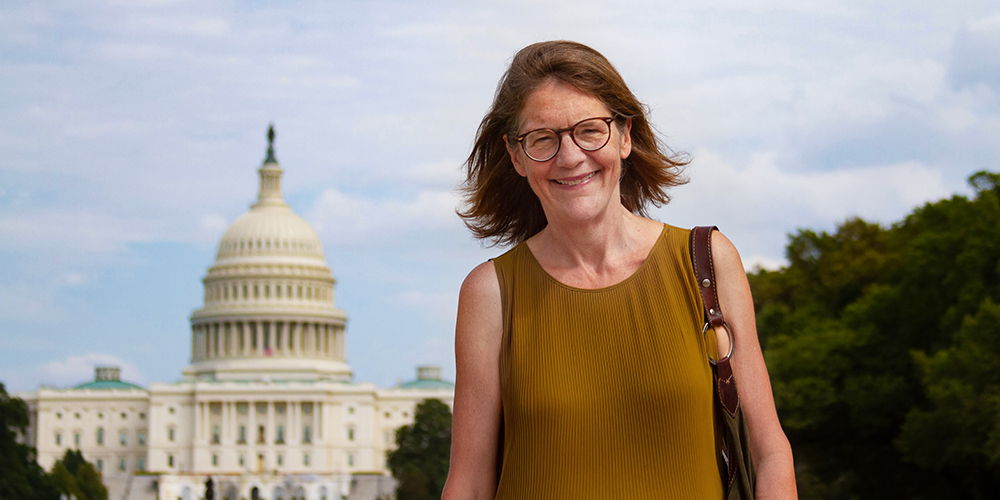An economist against inequality.
Pia Schneider has worked at the World Bank since 2004, where she has held a position as lead economist for health issues for the last three years. At the University of Basel she studied economics and she obtained a PhD in health economics from the London School of Hygiene and Tropical Medicine.
I have spent the last 15 years working at the World Bank as an economist specializing in health matters. The core mission of the World Bank, which was established in 1944, is fighting poverty and inequality. Our goal for 2030 is to limit extreme poverty to three percent of the global population, and increase the prosperity of the world’s poorest 40 percent. The World Bank supports developing and middle- income economies with low-interest loans and technical assistance. This gives me a privileged insight into the workings of health systems and the socio-economic, financial and political circumstances of different countries. As a result of our analyses and funding programs, we are in dialogue with governments and involved in their decision-making — a fascinating experience.
These days, I work mostly in eastern and southern Africa, the Gulf states and Europe. We recently carried out an analysis of the health systems of Namibia and Saudi Arabia. Governments generally take our work very seriously, and often incorporate our recommendations into their programs. According to the latest edition of the World Bank’s “Human Capital Index”, more than half of the world’s children are unable to realize their full potential because governments are not investing enough in education and health. In Europe, I am leading a study on the migration of healthcare professionals from the western Balkans to the EU and Switzerland. The labor market in the health sector is a truly global one — in the Gulf states around 90 percent of doctors and nurses are recruited from abroad in the private sector.
I wanted to work in different countries after university, so my first job in 1994 was as a delegate at the ICRC, for which I spent six months in South Africa and six months in what was then Zaire. After a short project in Basel and an internship in the administrative department of a hospital in Portland (Oregon), I worked for an insurance company and a consulting firm in the US, where I was involved in designing a pilot health insurance scheme for impoverished Rwandans on behalf of the health ministry in Kigali.
In 2004, I applied for a position at the World Bank, and was hired as an economist in the Europe unit. At that time, the reforms in eastern Europe for new accession countries were a key issue, as was the economic crisis and the resulting fallout in 2008/09. I led two evaluations on this issue in the World Bank’s Independent Evaluation Group: one on youth unemployment and another on health financing. My topmost priority is providing more people from low income groups with better access to high-quality medical care. That is why I do what I do.
Pia Schneider has worked at the World Bank since 2004. For the last three years, she has held a position as lead economist for health issues. She graduated in economics from the University of Basel in 1993, and holds a PhD in health economics from the London School of Hygiene and Tropical Medicine.
More articles in the current issue of UNI NOVA.

